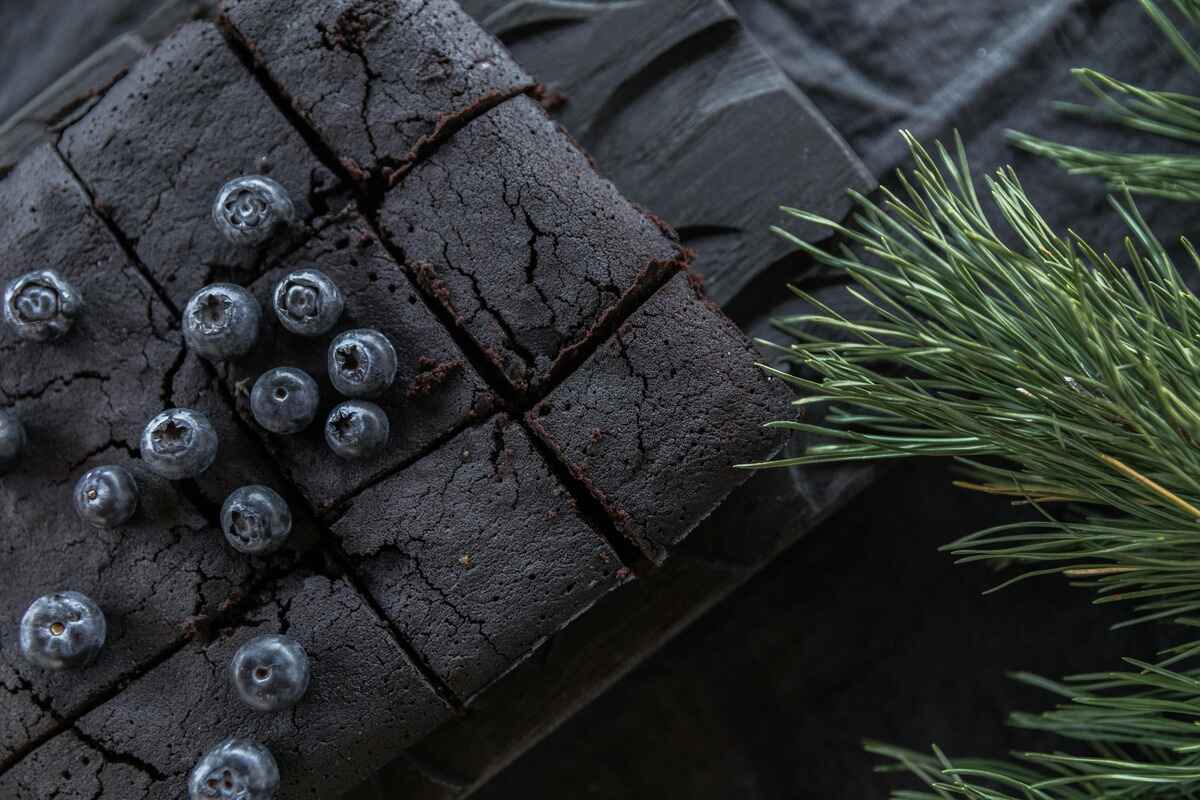Eating chocolate right after you get a dental implant might be a challenge. But what about eating the cake, something like a muffin or even a pancake right after the procedure. You might be sitting on someone’s birthday and wondering ”Can I eat cake after dental implants, and is it the right way to go?” There are things that you should consider when eating foods that have texture like cake.
There are certain guidelines that you should follow once you get your new dental implant. Whether you got a single tooth implant, or you had a full mouth rehabilitation with all on four, all on six dental implants, there are specific types of foods that you should avoid until the osseointegration process is ended.
Sometimes it isn’t a simple answer, and even some soft foods are better left for the period when your mouth is not so sensitive to every stimulation. Usually, many have questions regarding eating something sweet after getting dental implants.
It isn’t only about eating soft foods that are easy to chew and swallow. It is also about eating the foods that will allow you to maintain good oral hygiene for a longer period of time. In the end, there are countless types of cakes that you can have on the table.
You should aim to choose your foods carefully because it can make your life much easier these weeks. So, where the cake stands on this spectrum, and how to choose wisely for your diet. Below in the text, we will discuss it and answer this question directly so that you can be peaceful in days of recovery.
And What Now, Can You Eat Cake After a Dental Implant Surgery?
To be short and clear, you should avoid eating cake and similar sticky foods right after getting dental implants. Foods with this texture can adhere to sensitive areas around dental implants and might be hard to clean. Having foods that allow proper hygiene of the mouth is as essential as having a soft-liquid diet in the recovery period.
There are various types of cakes and sweets, and most of them are sticky or gummy. So, afterwards, it is hard to clean teeth and mouth. Sometimes it is hard to clean even natural teeth after eating a cake. Cleaning and brushing teeth after dental implants are placed is even bigger challenge. In these weeks, your mouth is sensitive and every grocery and bite you put into your mouth should be well considered.
Only when you make a list of reasonable foods that you can eat after dental implant surgery, you can expect that your healing goes in the right direction. It would be good to avoid anything that is hard to chew and foods that have a firm texture.
Many cakes contain nuts, caramel, and similar ingredients that can irritate delicate gums around dental implant areas. Hence, you should be cautious when picking any kind of dessert that might potentially contain nuts, almonds, or any similar crispy ingredients.
These small ingredients that make cake delicious can hurt your sensitive gum near dental implants. Everybody at least once in a lifetime had a mouth ulcer and we are all familiar with how picky we are when it comes to eating in these scenarios. You don’t need to make your life harder in the first couple of weeks after you get dental implants.
Therefore, put soft and liquid foods on your menu that will improve body hydration and fasten recovery. And for those who enjoy a glass of juice with their sweets, here’s a helpful read on drinking juices made of oranges or other citrus, and how drinks with low pH can affect the healing process.
Okay But, When Can I Eat Cake After Dental Implants? How Long Should I Wait?
Make sure to avoid any sticky foods that adhere to the surface of the implants and teeth in the first couple of months. Delay eating cake once you get a ”green light and yes” from your dentist as your situation might be more challenging. Eating cake or similar foods can force pressure on dental implants and the consequence is that implants become loosened.
Loosened implants can be a trigger for peri-implantitis, an infection that can lead to dental implant failure. When dental implant is loosened, there is space between the surface of the implant and the bone where bacteria can grow and cause inflammation and other complications.
This is one of the reasons to avoid firm or ”tacky” food that can dislocate dental implants. You might think that a slice of a cake won’t do much harm. Regardless, discipline in the first 3-6 months after getting dental implants is essential for the successful outcome we want to achieve.
Cake might be something you want to be careful about, but what about other soft treats? Read more in this guide on eating muffins after dental implants.
Instead of eating cake, in this period you can go for some other desserts that are safe options. If you didn’t have the opportunity to make a good smoothie, this is your chance. You can buy different fruits without seeds in a blender and make a delicious treat. Some fruits can be surprisingly tricky after implants. Here’s what you need to know before asking, can I eat strawberries after dental implant surgery?
Another alternative is to eat greek yogurt, applesauce, or even pudding as it has a specific smooth texture.
There are many recipes that you can find on the internet, and we already gave some ideas that you can use for your meal plan. The goal is to have foods on the table that are not only soft and smooth but also allow easy daily oral hygiene.
Conclusion
In ending, if you are even now questioning yourself, “Can I eat cake after dental implants?” it is essential to take into consideration the phase of your recovery. While it might look like a big temptation to take a slice of the cake on that birthday, it is better to wait until you get approval from your dentist, or until your dental implants are fully integrated.
Once you get approval to return old habits, go with safe options for some time. Try to avoid any cake that might contain firm and tacky ingredients like caramel or nuts, as it is more challenging to eat. Once the six-month process of osseointegration is behind you (and you had that consultation with your dentist), you can go back to your standard diet without any restrictions.
Even with dental implants it is vital to brush your teeth regularly and don’t forget to floss. If you are one of those who would love to go a step further, you can use a water flosser that really makes a difference when it comes to proper maintaining of oral hygiene. This approach can make a huge contrast in comparison to alternatives, especially if you have dental bridges, crowns, or implants in your mouth.
References:
- Rokaya D, Srimaneepong V, Wisitrasameewon W, Humagain M, Thunyakitpisal P. Peri-implantitis Update: Risk Indicators, Diagnosis, and Treatment. Eur J Dent. 2020 Oct;14(4):672-682. doi: 10.1055/s-0040-1715779. Epub 2020 Sep 3. PMID: 32882741; PMCID: PMC7536094.
Selam Omerkić, DMD, is a practicing dentist and editor of Your Dentista. With clinical experience in private practice, Dr. Omerkić is dedicated to improving public oral health through evidence-based practice and patient education. He holds a dental degree from the University of Sarajevo and brings an international perspective to dentistry through collaboration and professional exchange. His work aims to make trustworthy, research-backed dental information accessible to all.



1 thought on “Can I Eat Cake After Dental Implants? What to Know Before Digging In”
Comments are closed.